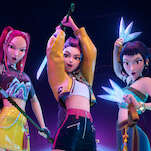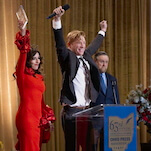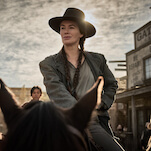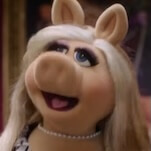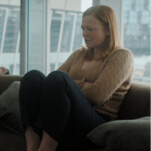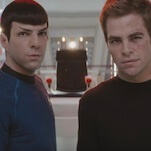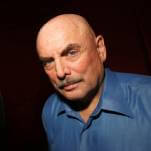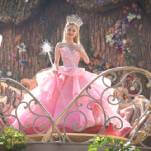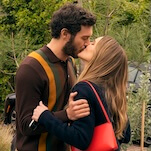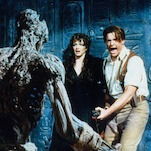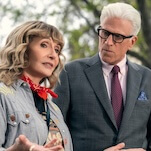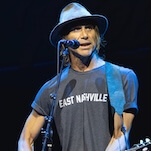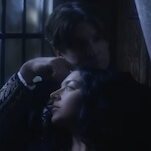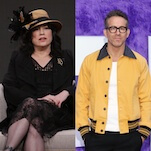The civil-rights movement might have ended segregation and beat back centuries of slavery and oppression, but let’s save a slow clap for well-meaning white folks with the moral courage to put themselves at the center of the narrative. Based on the bestest-seller by Kathryn Stockett, The Help joins Glory, Cry Freedom, Driving Miss Daisy, and many other noble adaptations in filtering the black experience through the white experience, but credit Stockett (and the film) for conceiving a sneaky end-around. As a progressive-minded college graduate in small-town Mississippi in 1963, Emma Stone goes about collecting testimonials for a book about the experiences of African-American maids. So, you see, it’s really their book—she’s merely the conduit through which their harrowing, touching stories can be told. But in reality, it’s her book and her stories, and the central conceit is just some literary flim-flammery to convince readers—and now audiences—of an authenticity that isn’t remotely in evidence.
A fine cast nearly brings the con across, starting with Stone’s plucky turn as the author’s surrogate, an ambitious, outspoken Ole Miss grad whose enlightenment puts her at odds with the belles in her hometown bridge club. Viola Davis and Octavia Spencer are better still as the two maids who volunteer to tell Stone their stories in secret, in spite of the threat of unemployment or much worse. Weary and looking older than her age, Davis works for an incompetent young mother (Ahna O’Reilly) who has just installed a separate bathroom for Davis for hygienic purposes. Though more spirited than Davis, Spencer has led a no-less-tragic life, but things get better for her when she’s fired by a grotesquely racist housewife (Bryce Dallas Howard) and gets a new job with an outcast (Jessica Chastain) who’s struggling to manage a large estate.
Shot like an inductee in the Hallmark Hall Of Fame, The Help covers an ugly era in superficial gloss that’s only punctured by the particulars of Mississippi race law or hiring practices that are a mere hairsbreadth away from slavery. Though broadly sketched, Davis and Spencer come closest to creating flesh-and-blood characters, but the film registers their grievances and triumphs against cardboard types like Howard’s snooty Klanswoman-in-floral. The whole thing is rigged for crowd-pleasing payoffs—a bit about chocolate pie gets more mileage than a Prius—and those payoffs are about honoring white viewers for not being horrible racists. Kudos to them.

